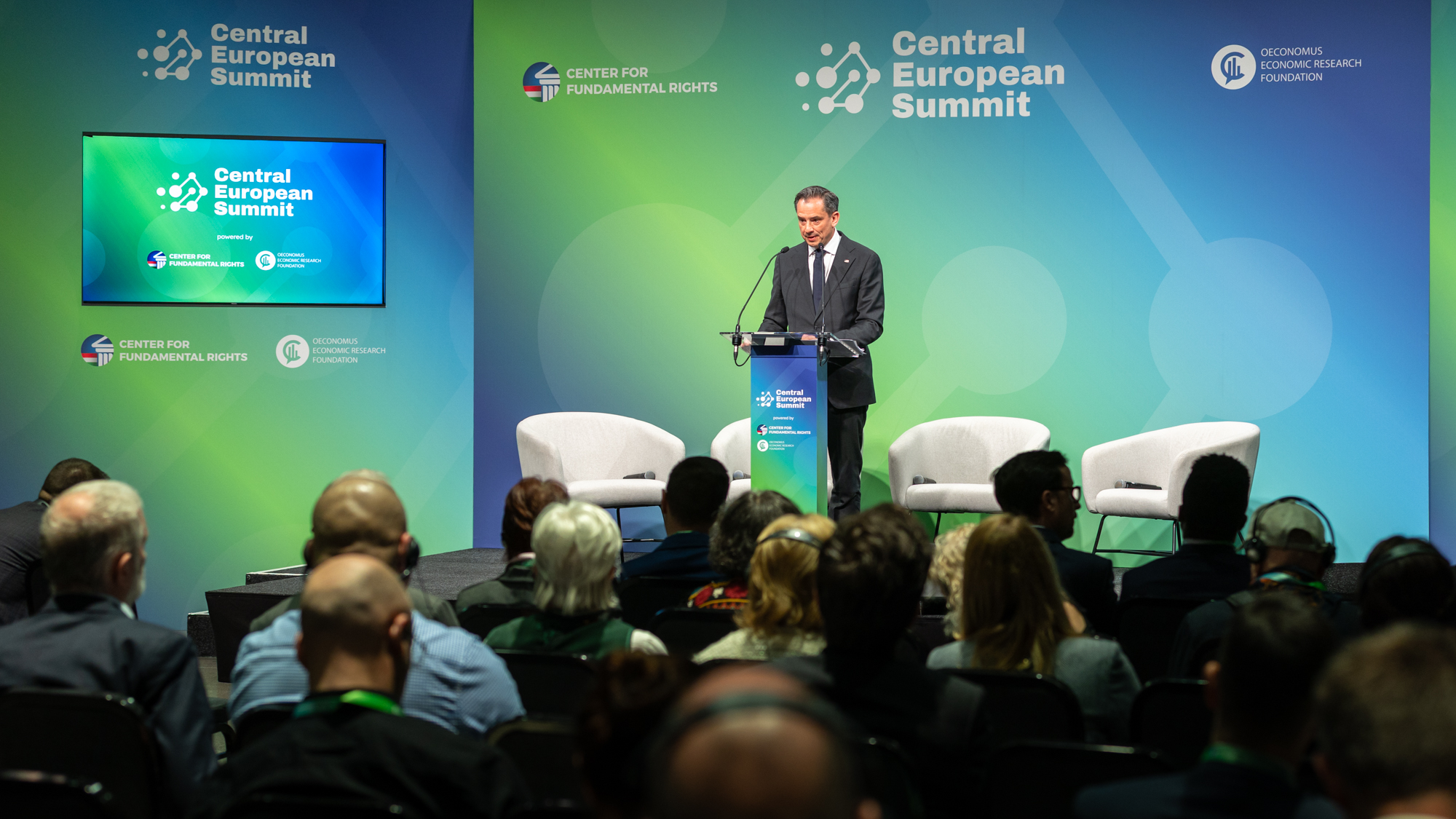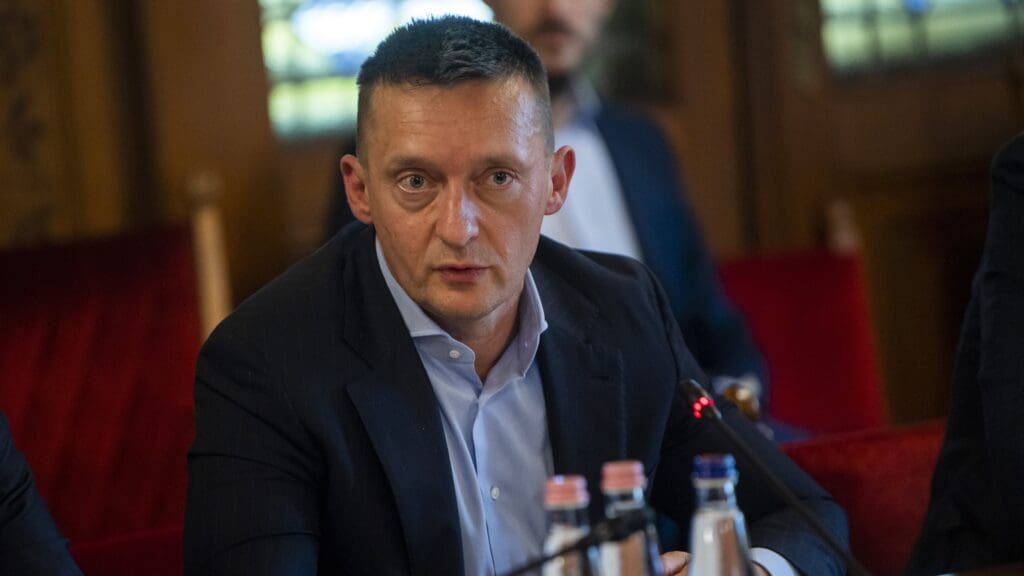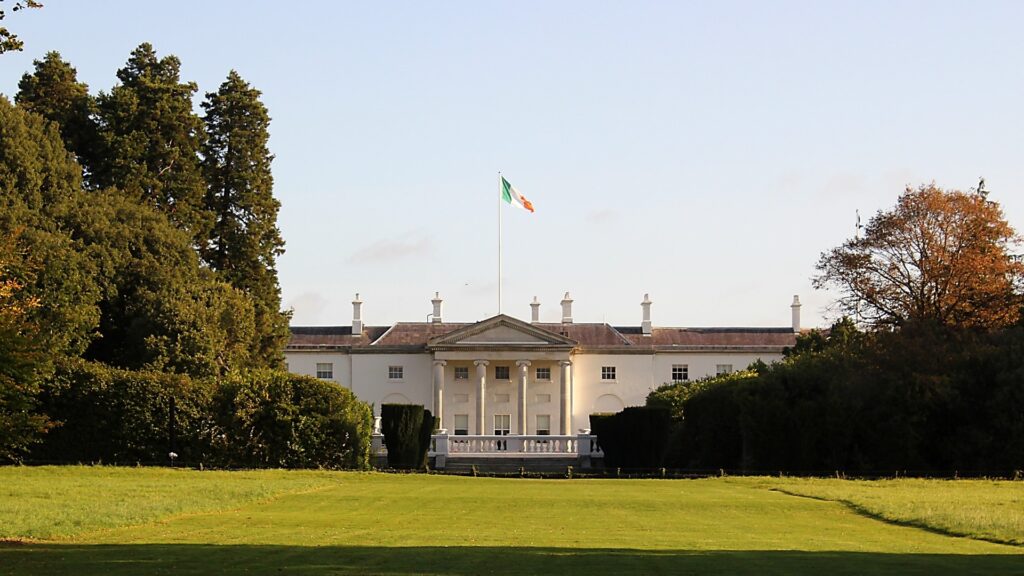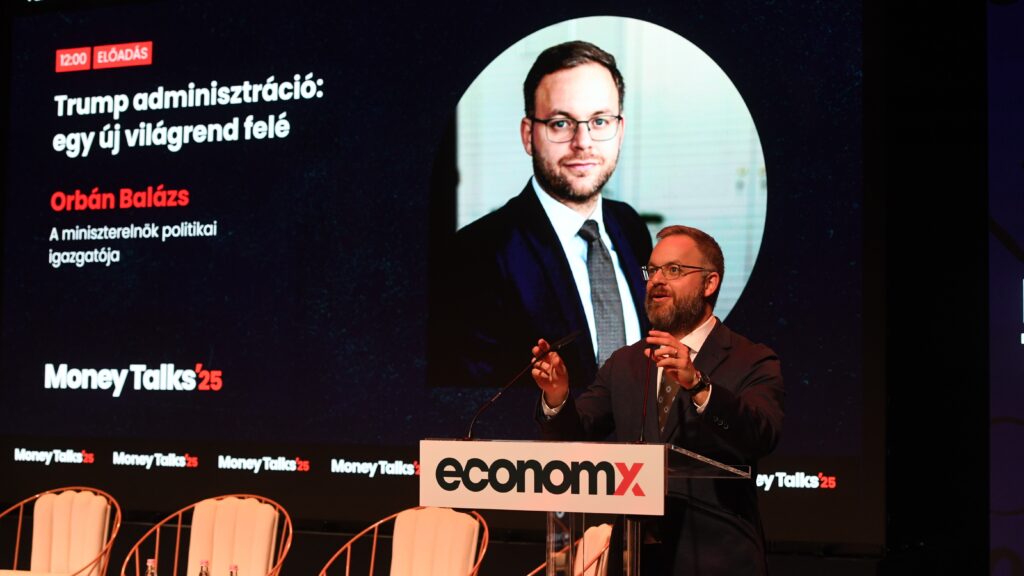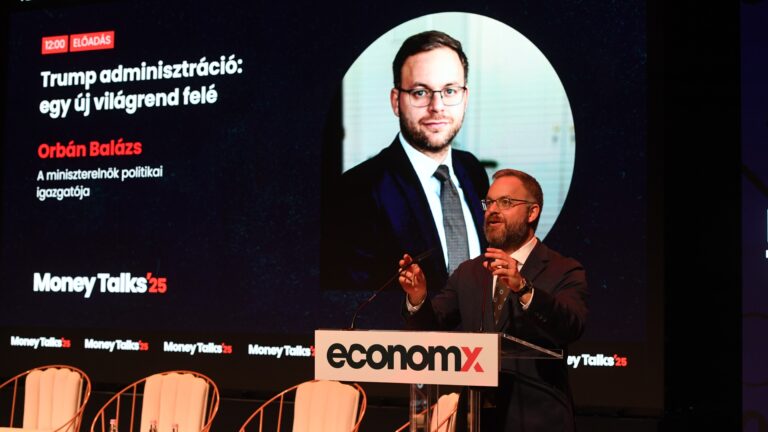US Chargé d’Affaires ad interim Robert Palladino delivered the keynote speech at the Central European Summit in Budapest on Tuesday, jointly organized by the Oeconomus Economic Research Foundation and the Centre for Fundamental Rights. The senior diplomat, who began his mission just over a month ago, outlined the key priorities of the Trump administration regarding the region, while emphasizing its enduring strategic importance for the United States.
‘What better place to speak of tradition and sovereignty than Budapest, a capital that honours the enduring ideals of the West: faith, national identity, and the pursuit of liberty,’ Palladino began, adding that the Trump administration recognizes and respects Hungarian history, which overlaps with that of the United States, dating back to the American Revolution. ‘In Hungary, memory is not a burden—it is a compass.’
The interim Chargé d’Affaires stated that Central Europe, with Hungary as an integral part of it, is increasingly vital to the Western security system. ‘Central Europe is not a buffer, not a backwater,’ he emphasized, adding that under President Trump, Washington sees sovereign nations—nations that matter, nations that lead, nations that stand up for the West.
Central Europe Matters
Speaking of the United States’ top priorities concerning the region, Palladino identified defence as the foremost area of focus. ‘We are investing in strategic partnerships based on defence, deterrence, and real burden-sharing. A stronger Europe—especially in this region—will be vital to peace on the continent,’ he said. In that context, the senior diplomat applauded countries such as Hungary, Poland, and Romania for meeting or exceeding NATO commitments. ‘These nations understand what often gets lost in policy debates: peace doesn’t come from hand-wringing. It comes from strength, from deterrence, from being prepared to defend what you love.’
Turning to the issue of peace talks in Ukraine, Palladino said that Washington welcomes regional support for ongoing US efforts to ‘help Kyiv secure a durable and just peace’. He quoted Secretary of State Marco Rubio, who recently said that in a matter of weeks, ‘we will know whether Russia is serious about peace or not.’ He highlighted Central Europe’s role in maintaining sanctions, which enables Trump’s team to retain maximum leverage to bring both sides to the table. ‘Ending this war requires solidarity among the nations of the region.’
‘A stronger Europe—especially in this region—will be vital to peace on the continent’
Secondly, Palladino addressed energy security and infrastructure diversification in the region. Echoing remarks made during a recent panel discussion with President of the Hungarian Institute of International Affairs Gladden Pappin, the US diplomat reiterated that Washington is ready to provide nuclear fuel, small modular reactors, LNG exports, and interconnectivity projects to support Central European countries in their diversification efforts.
He underscored the Trump administration’s deeper commitment: ‘helping our European allies avoid strategic overdependence wherever it may lie’. Currently, Slovakia and Hungary are the region’s largest importers of Russian energy, which remains more affordable and integrated into regional infrastructure than energy from the United States.
The third—and at present arguably the most pressing—priority is trade relations between the United States and Central Europe. Palladino noted that while Washington respects the sovereignty of national decisions on trade and investment, it also emphasizes the need for clear-eyed assessments of strategic risk. ‘President Trump is clear: China poses strategic challenges to the United States and our allies—challenges that require vigilance, transparency, and unity,’ he stated.
Quoting Rubio once again, Palladino stressed that countering China’s ‘malign practices’ is a top priority for the United States. ‘We encourage all of our partners to make choices that support long-term sovereignty.’ The diplomat acknowledged that the administration, as is naturally to be expected, advocates for what is best for the United States—but he clarified that relations with China are not about choosing sides: ‘It is about preserving control over your own future,’ he underlined. Nonetheless, Palladino affirmed that Washington remains open for business and is seeking the best commercial partnerships from investors worldwide, including in Central Europe.
What Western Europe Lacks, Central Europe Has
Palladino also emphasized the importance of promoting civilizational ties rooted in a shared understanding of the West. He highlighted that family, faith, and nation are not outdated concepts but the foundations of a free society. He then praised Central Europe for recognizing the significance of such values: ‘You know what it means to protect your identity—to teach your children your language, your history, your values. That’s strength—and that’s what the West needs more of.’ The diplomat further acknowledged Hungary’s leadership in advancing the cause of persecuted Christians worldwide—a cause the Trump administration also champions.
Concluding his speech, Palladino asserted that US policy towards Central Europe is grounded in realism, respect, and renewed engagement. ‘We don’t micromanage our allies’ domestic politics. We recognize that democratic traditions take different forms, and we respect the choices of our allies,’ he said. Palladino added that the United States seeks strong, sovereign, and self-confident partners in the region—committed to democracy and commerce, contributing to common defence, and charting their own course in an increasingly dangerous world.
The Enemy Within
Opening the conference earlier, Director General of the Centre for Fundamental Rights Miklós Szánthó warned that the greatest threat to Europe comes from within—namely, that it is turning against its own fundamental values. He argued that Brussels does not want real democracy; it wants ‘manageable instability.’ He cited recent examples of progressive forces, in alliance with Brussels elites, banning political opponents and silencing dissenting voices in France, Germany, Romania, and Poland. ‘Brussels is using financial blackmail against Hungary for political and ideological reasons, to the loud cheers of their domestic compradors,’ Szánthó stated, pointing to the Hungarian opposition.
However, he continued, conservative forces from the Seine to the Danube are united by their determination to stop migration, reject woke and gender ideology, and pursue peace in Ukraine. ‘I believe that in the struggle between globalists and sovereignists, Washington and Budapest are today on the same side,’ he concluded.
In his welcoming address, Péter Törcsi, President of the Oeconomus Economic Research Foundation and co-founder of the Centre for Fundamental Rights, remarked that Europe is in trouble—not only because of war and tariffs, but also because it has failed to recover from two decades of crisis. He argued that Europe has chosen ideological regulation over economic recovery. While Trump’s tariffs present a real challenge, he said, it was not these that shocked Central Europe, but rather the reaction of the Brussels elite. What is needed, Törcsi concluded, is strong leadership and a transatlantic agreement that includes Central Europe. If such a partnership is forged, a new golden age on both sides of the Atlantic could be born.
Related articles:

